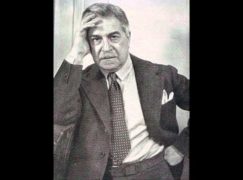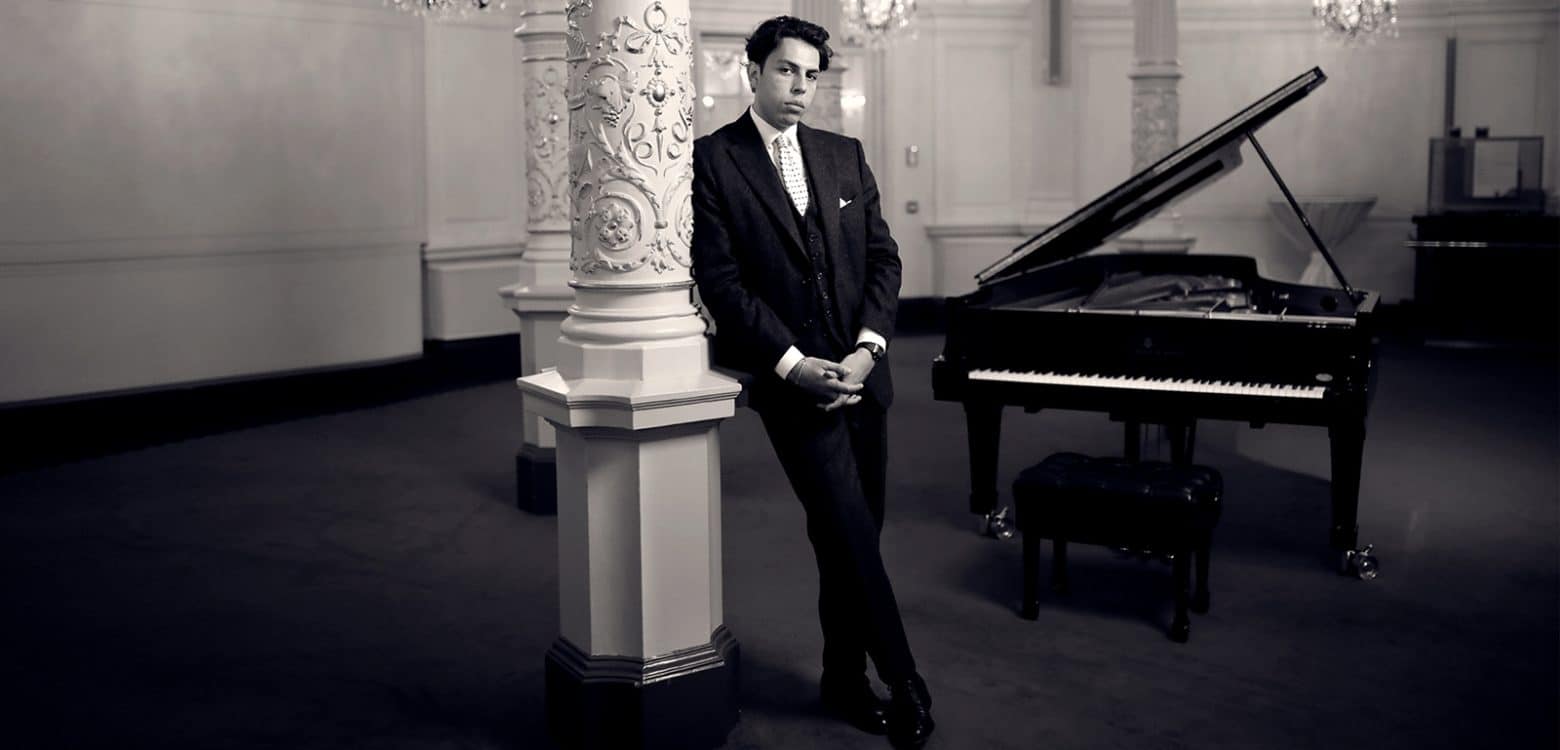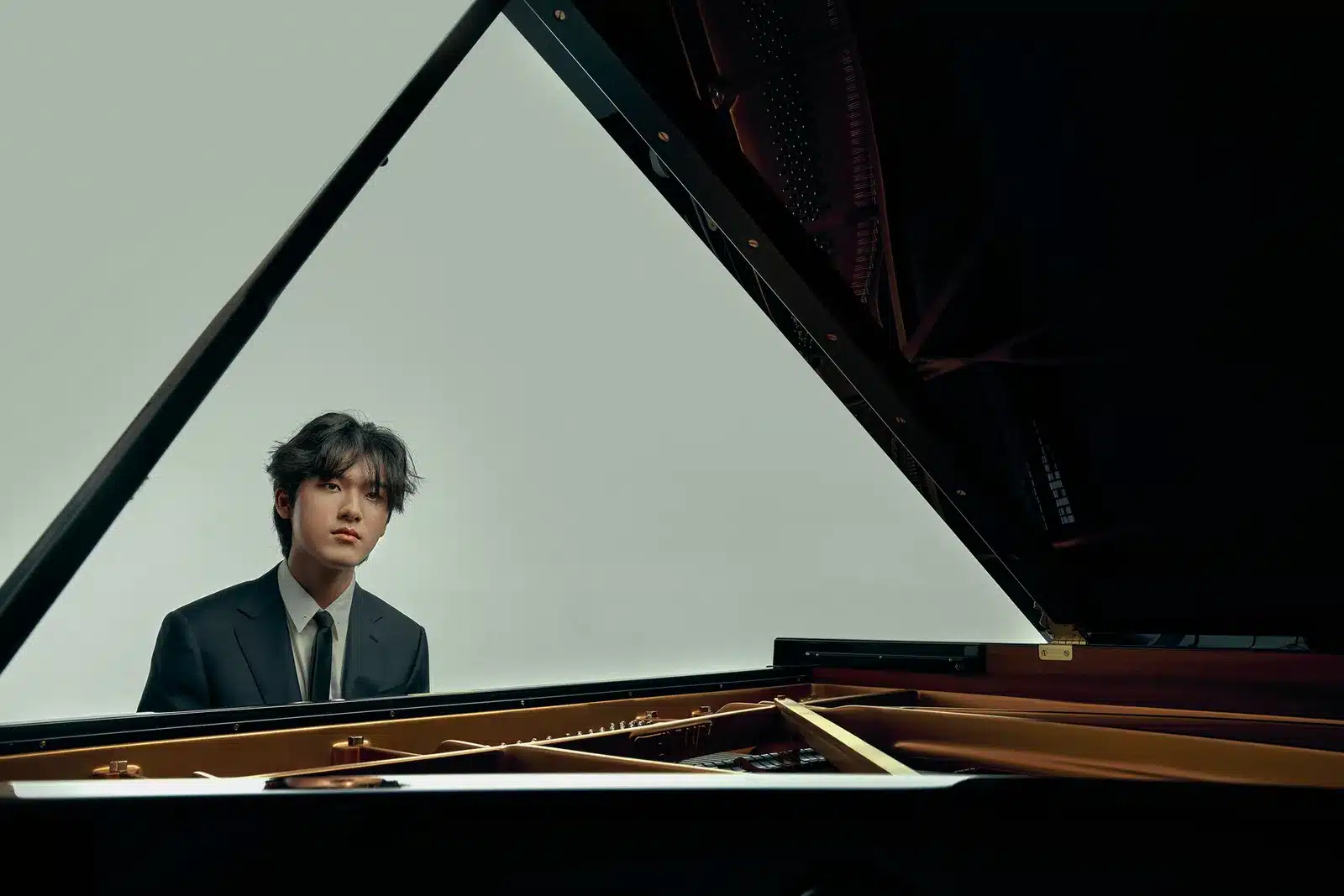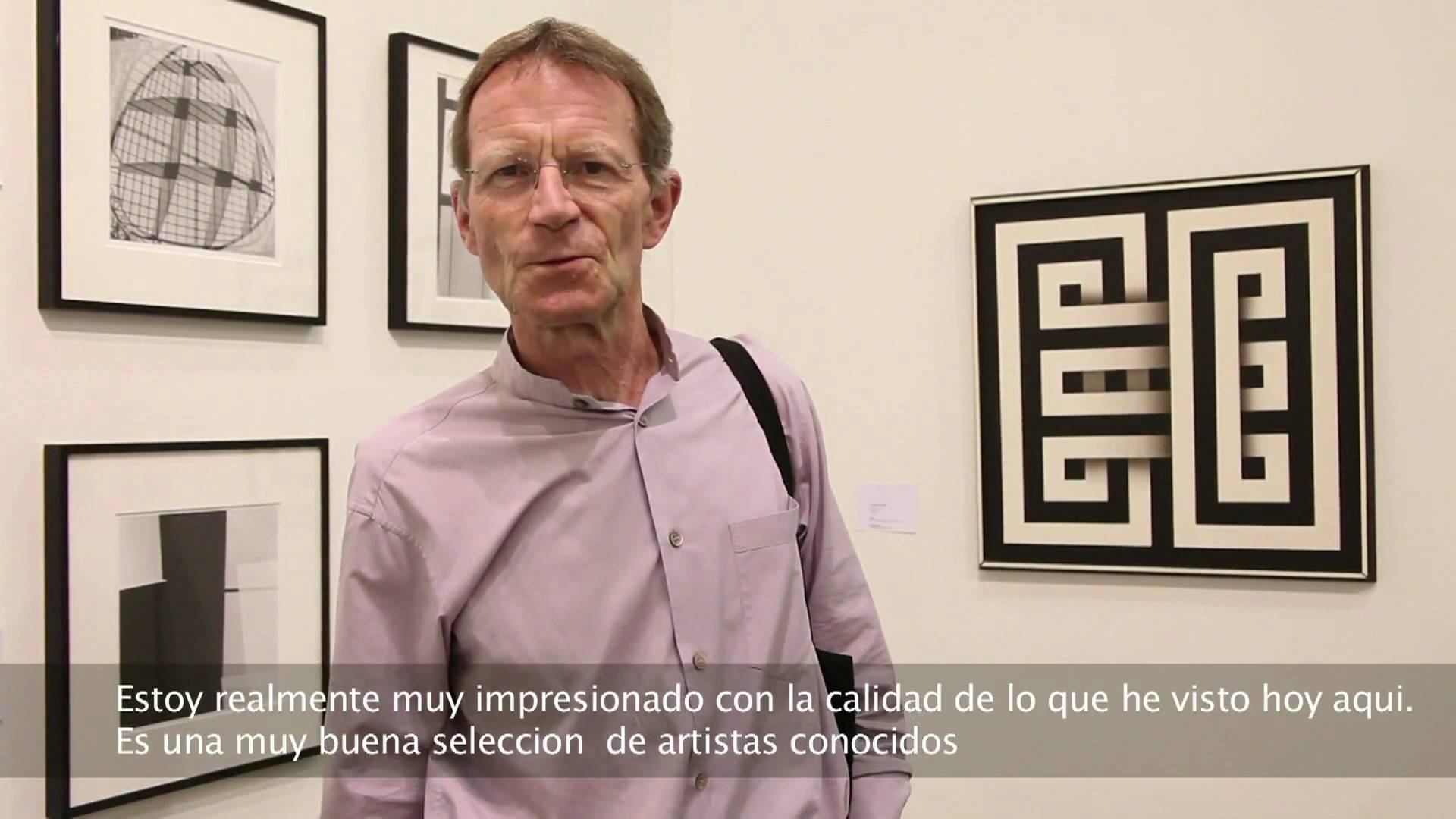The house where Schnabel was born
NewsThe conductor Pawel Kotla, who is advising the Beskid Classics festival in Bielsko-Biala, was surprised to find that there is no memorial to the Polish city’s most famous son, the immortal pianist Arthur Schnabel.
Kotla has traced the address where Schnabel was born, but the house has long since been demolished.
Bielsko-Biala is bidding to become European City of Culture in 2029.
It should rename its airport after the much-travelled Schnabel.







Comments